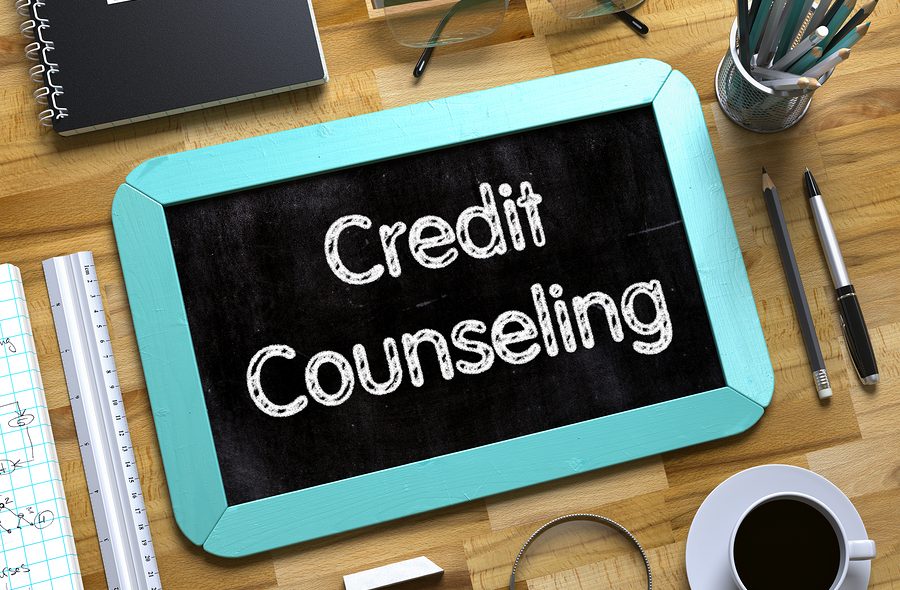When it comes to dealing with debt, you have options. Debt relief can ease the burden of overwhelming debt, but it’s not right for everyone. Given a person’s financial and personal circumstances, certain considerations should be kept in mind when making the determination between credit counseling and bankruptcy.
If the consumer has a steady income and can pay back his or her debt within a few months to a year, credit counseling may be the wise choice for him or her. However, if the person has an overwhelming amount of debt in comparison to his or her income, filing for Chapter 7 or Chapter 13 bankruptcy may be the better option.
Credit counseling involves consumer education from a certified credit counselor regarding a variety of topics, including improving a credit score, managing money, preparing, and sticking to a budget, and improving the person’s credit score. The goal is to educate the consumer and prepare him or her to handle his or her finances independently to avoid the need to file for bankruptcy.
Credit counselors can be found through the assistance of the consumer’s bank or credit union, as well as a consumer protection agency. It is extremely important that the consumer does his or her research before selecting a credit counseling agency. The National Foundation for Credit Counseling (NFCC) can also be an excellent resource for finding credible nonprofit credit counseling agencies.
This type of credit counseling should not be confused with the credit counseling that is required when filing for bankruptcy. Bankruptcy courts require filers to receive debt and credit-related financial counseling at least 180 days before filing for bankruptcy.
A legitimate nonprofit credit counseling agency should offer free credit counseling services and should not charge a fee upfront before offering these services. These free consultations normally last up to an hour and should provide long-term solutions for the consumer on how to handle his or her debt.
Unfortunately, credit counseling scams do exist. It is important that the consumer does his or her research to ensure that the agency selected is not one of them. Never provide personal or financial information to the agency until the consumer is sure the credit counseling agency is legitimate. Research the company with the Better Business Bureau to see if any scams have been reported.
It is equally as important that the consumer realize when enough is enough and when bankruptcy is the better course of action. Many times, the financial burden becomes too much to handle through counseling along. At this point, it may be wise to move forward towards formally filing for bankruptcy. Before making this decision, the consumer should consult an experienced bankruptcy attorney and talk to him or her about the situation. An experienced bankruptcy attorney will be able to help the individual make the decision of whether to pursue credit counseling first or file for bankruptcy. Additionally, the attorney will be able to guide the person as to which form of bankruptcy, Chapter 7 or Chapter 13, would be best.
Please click here to read more.
If you have questions on this topic or are in financial crisis and considering filing for bankruptcy, contact an experienced Miami bankruptcy attorney who can advise you of all of your options. As an experienced CPA as well as a proven bankruptcy lawyer, Timothy Kingcade knows how to help clients take full advantage of the bankruptcy laws to protect their assets and get successful results. Since 1996 Kingcade Garcia McMaken has been helping people from all walks of life build a better tomorrow. Our attorneys’ help thousands of people every year take advantage of their rights under bankruptcy protection to restart, rebuild and recover. The day you hire our firm, we will contact your creditors to stop the harassment. You can also find useful consumer information on the Kingcade Garcia McMaken website at www.miamibankruptcy.com.


